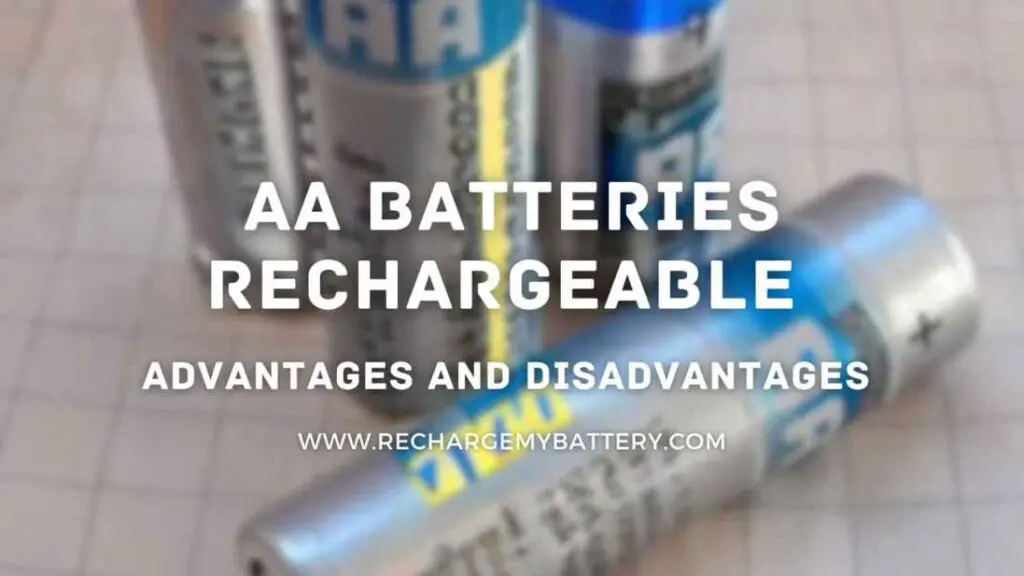In this article, we will explore the difference between LiFePO4 Ah and Lead Acid Ah batteries, highlighting their key features, advantages, and applications.
1. Introduction
Rechargeable batteries are designed to be reused multiple times, offering a more sustainable and cost-effective solution compared to disposable batteries. LiFePO4 Ah and Lead Acid Ah batteries are both rechargeable options, but they differ in terms of chemistry, performance, and applications.
2. LiFePO4 Ah Batteries
– What is LiFePO4?
LiFePO4, also known as Lithium Iron Phosphate, is a type of lithium-ion battery that utilizes a cathode made of iron phosphate. It is known for its excellent thermal stability, long cycle life, and high energy density. LiFePO4 batteries are considered safer and more environmentally friendly compared to other lithium-ion chemistries.
– Advantages of LiFePO4 Ah Batteries
LiFePO4 Ah batteries offer several advantages:
- Long Cycle Life: LiFePO4 batteries can typically handle thousands of charge and discharge cycles, making them suitable for long-term use.
- High Energy Density: LiFePO4 batteries can store a significant amount of energy, allowing them to power devices efficiently.
- Fast Charging: LiFePO4 batteries have a faster charging rate compared to Lead Acid batteries, reducing downtime.
- Lightweight and Compact: LiFePO4 batteries are relatively lightweight and compact, making them ideal for portable applications.
- Safety: LiFePO4 chemistry is known for its stability and low risk of thermal runaway or combustion.
– Applications of LiFePO4 Ah Batteries
LiFePO4 Ah batteries find applications in various industries and devices, including:
- Electric vehicles
- Renewable energy systems
- Portable electronics
- Solar power storage
- UPS (Uninterruptible Power Supply) systems
3. Lead Acid Ah Batteries
– What is Lead Acid?
Lead Acid batteries are one of the oldest and most widely used rechargeable battery technologies. They consist of lead plates immersed in a sulfuric acid solution, and their design allows for repeated cycling.
– Advantages of Lead Acid Ah Batteries
Lead Acid Ah batteries offer several advantages:
- Lower Cost: Lead Acid batteries are generally more affordable compared to LiFePO4 batteries.
- Familiarity and Availability: Lead Acid batteries have been in use for a long time and are readily available.
- Robust Performance: Lead Acid batteries can handle high discharge currents and are suitable for applications requiring a surge of power.
- Deep Discharge Tolerance: Lead Acid batteries can withstand deep discharge without significantly affecting their performance.
- Simple Maintenance: Lead Acid batteries are relatively easy to maintain, with straightforward charging and maintenance procedures.
– Applications of Lead Acid Ah Batteries
Lead Acid Ah batteries find applications in various industries and devices, including:
- Automotive starting batteries
- Backup power systems
- Off-grid solar power systems
- Marine applications
- Forklifts and other industrial equipment
4. Comparison between LiFePO4 Ah and Lead Acid Ah Batteries
When considering LiFePO4 Ah and Lead Acid Ah batteries, several factors should be taken into account:
4.1. Energy Density
LiFePO4 batteries have a higher energy density compared to Lead Acid batteries. This means that LiFePO4 batteries can store more energy per unit weight or volume, allowing devices to operate for longer durations.
– Cycle Life
LiFePO4 batteries have a longer cycle life compared to Lead Acid batteries. While Lead Acid batteries may offer a few hundred cycles, LiFePO4 batteries can typically endure thousands of cycles, making them more suitable for long-term use.
– Weight and Size
LiFePO4 batteries are lighter and more compact than Lead Acid batteries. This makes LiFePO4 batteries ideal for applications where weight and size are critical factors, such as electric vehicles or portable electronics.
– Charging Efficiency
LiFePO4 batteries have a higher charging efficiency compared to Lead Acid batteries. This means that LiFePO4 batteries can be charged more quickly, reducing the charging time and increasing the overall efficiency of the system.
– Environmental Impact
LiFePO4 batteries are considered more environmentally friendly compared to Lead Acid batteries. Lead Acid batteries contain hazardous materials such as lead and sulfuric acid, which can be harmful to the environment if not disposed of properly. LiFePO4 batteries are free from these toxic materials and have a lower environmental impact.
Conclusion
In summary, both LiFePO4 Ah and Lead Acid Ah batteries are rechargeable options with their own set of advantages. LiFePO4 batteries offer a longer cycle life, higher energy density, and faster charging, making them suitable for applications that require high performance and portability. On the other hand, Lead Acid batteries are more affordable, robust, and widely available, making them a popular choice for applications where cost-effectiveness and durability are prioritized. It is essential to consider the specific requirements of your application to determine the most suitable battery type.
6. Frequently Asked Questions (FAQs)
Q1: Are LiFePO4 batteries safer than Lead Acid batteries?
Yes, LiFePO4 batteries are considered safer than Lead Acid batteries due to their stable chemistry and low risk of thermal runaway.
Q2: Can I replace a Lead Acid battery with a LiFePO4 battery in my vehicle?
It depends on the specific requirements of your vehicle and the compatibility of the battery. Consult with a professional to determine if a LiFePO4 battery is suitable for your vehicle.
Q3: Which battery type has a higher energy density?
LiFePO4 batteries have a higher energy density compared to Lead Acid batteries.
Q4: How often do LiFePO4 batteries need to be replaced?
LiFePO4 batteries have a longer cycle life and can typically endure thousands of charge and discharge cycles before needing replacement.
Q5: Are LiFePO4 batteries more expensive than Lead Acid batteries?
Yes, LifePO4 batteries are generally more expensive than Lead Acid batteries due to their advanced technology and higher performance characteristics.

